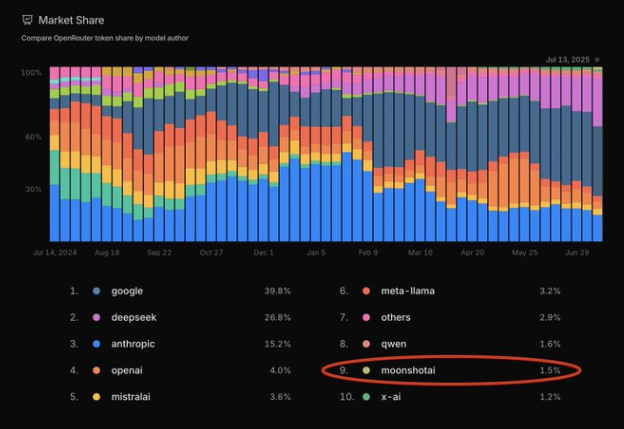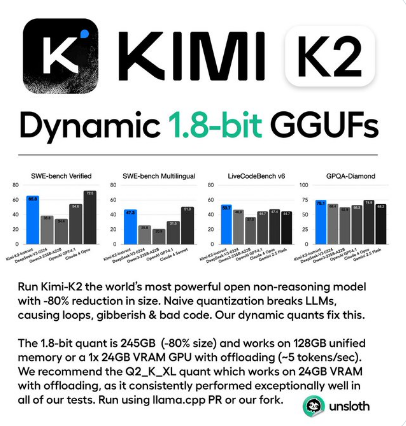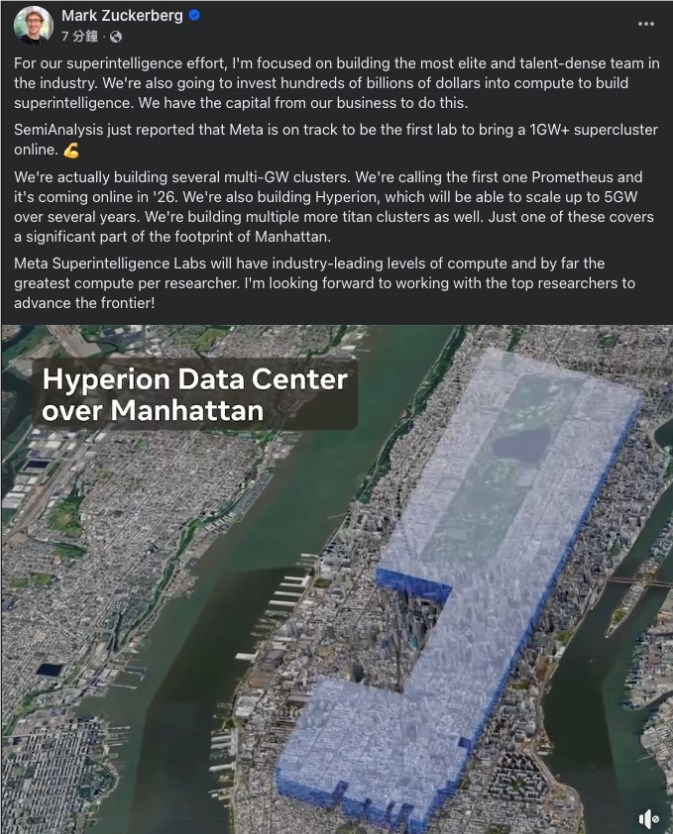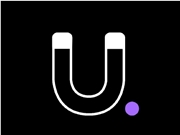Recently, Musk made this assertion on his social media account and mentioned his xAI-owned chatbot Grok, triggering heated discussions in the industry. The report he cited shows that Google's search market share has fallen below 90% for the first time in ten years.
According to the report, Google's global search engine share has dropped to 89.71%, which is the lowest point since 2015. The report points out that users are gradually becoming tired of the traditional search experience filled with SEO optimization and ad interruptions, and AI-driven search is rapidly eroding its market share.

Musk's statement is not only a direct challenge to Google but also implies his confidence in the substitution capability of his own Grok system in search scenarios. This is also an important signal of xAI accelerating the layout of "search-type AI applications".
It’s not just Musk who expresses pessimism about the future of traditional search. Apple Senior Vice President of Services, Eddy Cue, recently revealed that Safari's search volume declined for the first time in April, clearly stating that this was due to more users turning to AI search engines (such as OpenAI, Perplexity AI) for answers.
It is worth noting that Apple and Google's $20 billion annual agreement is still running, making Google the default search engine for Safari. However, Cue's public remarks show that Apple is reconsidering the search entry for Safari, and may introduce AI search functionality in the future.
At the same time, Google is also facing antitrust charges from the US Department of Justice, accusing it of consolidating its monopoly position in the search market through exclusive agreements. Under multiple pressures, whether this tech giant can stabilize its position in the AI search wave remains unknown.
With tech giants like Musk and Apple betting on AI search, a new "search engine revolution" may have quietly begun.









